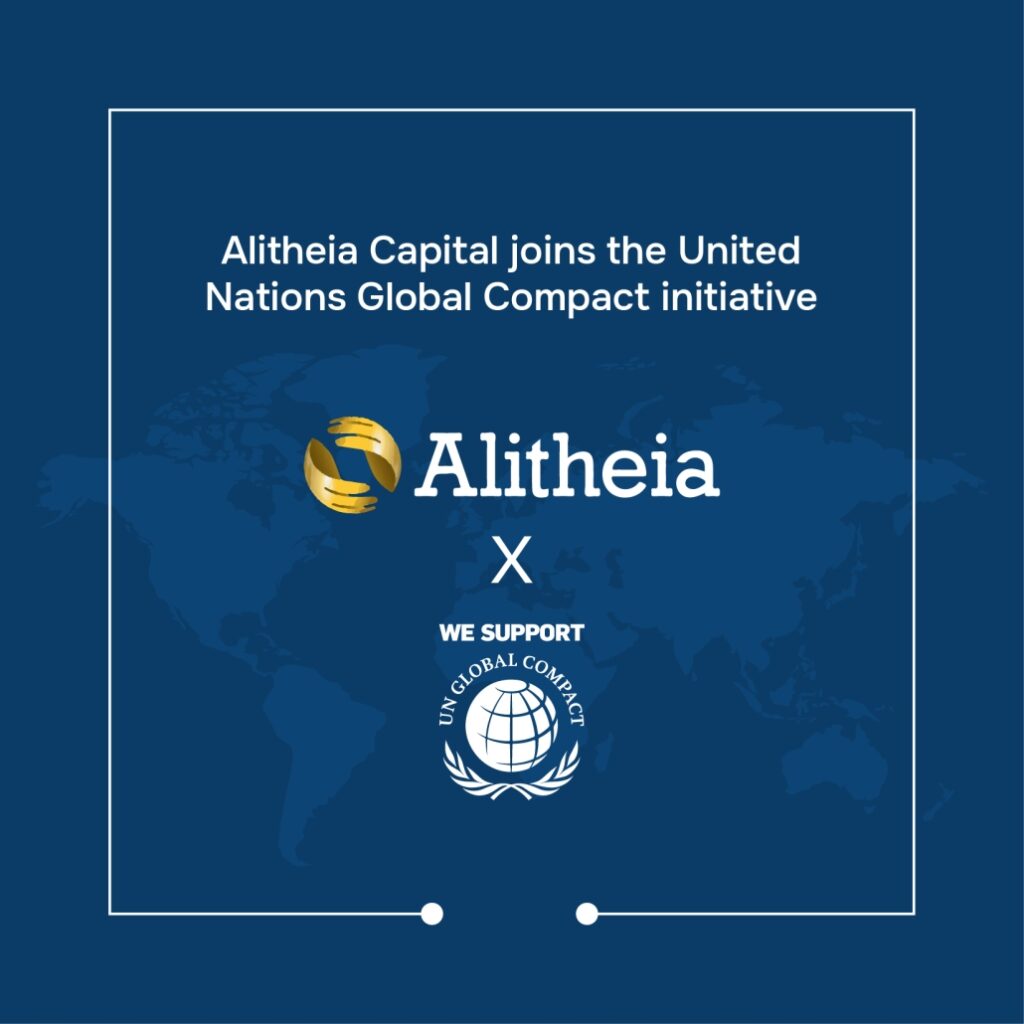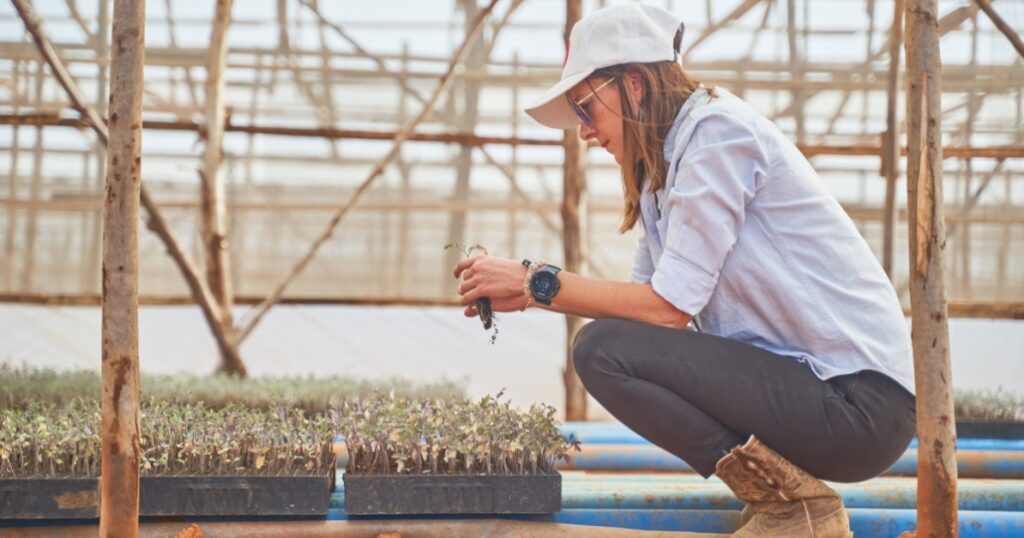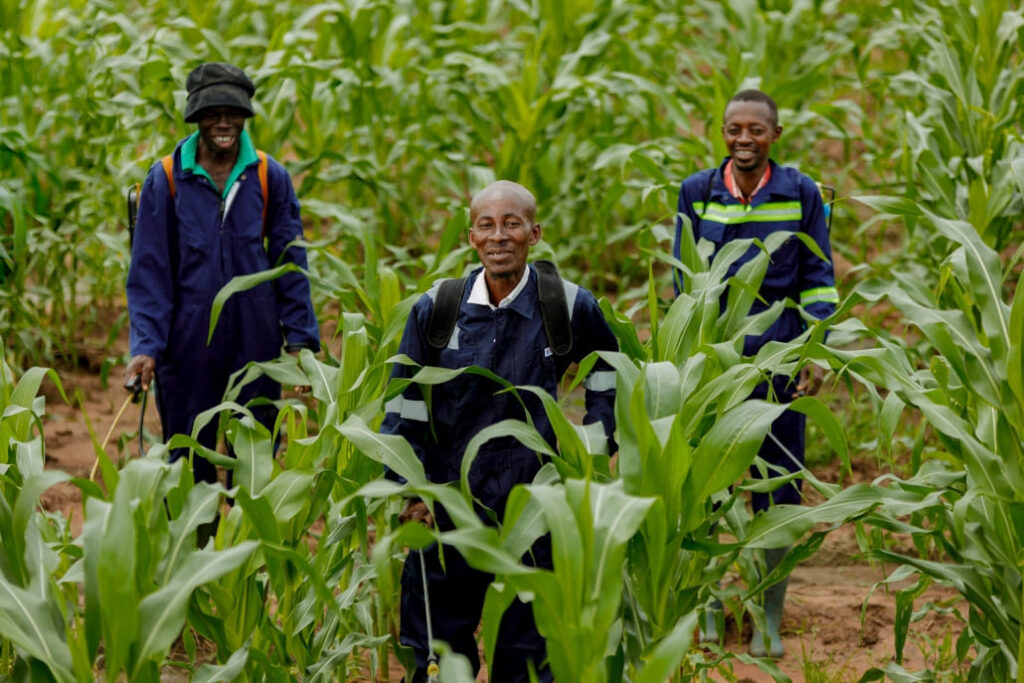Building Big Businesses In Africa
Every June 7th, the African Union (AU) marks the African Border Day: a day set aside to celebrate and highlight the work of the African Union Border Programme (AUBP) in uniting and integrating Africa. At this time, the importance and socioeconomic impact of borders on Small and Medium Enterprises (SMEs), cannot be overemphasized. Every June […]
Building Big Businesses In Africa Read More »




